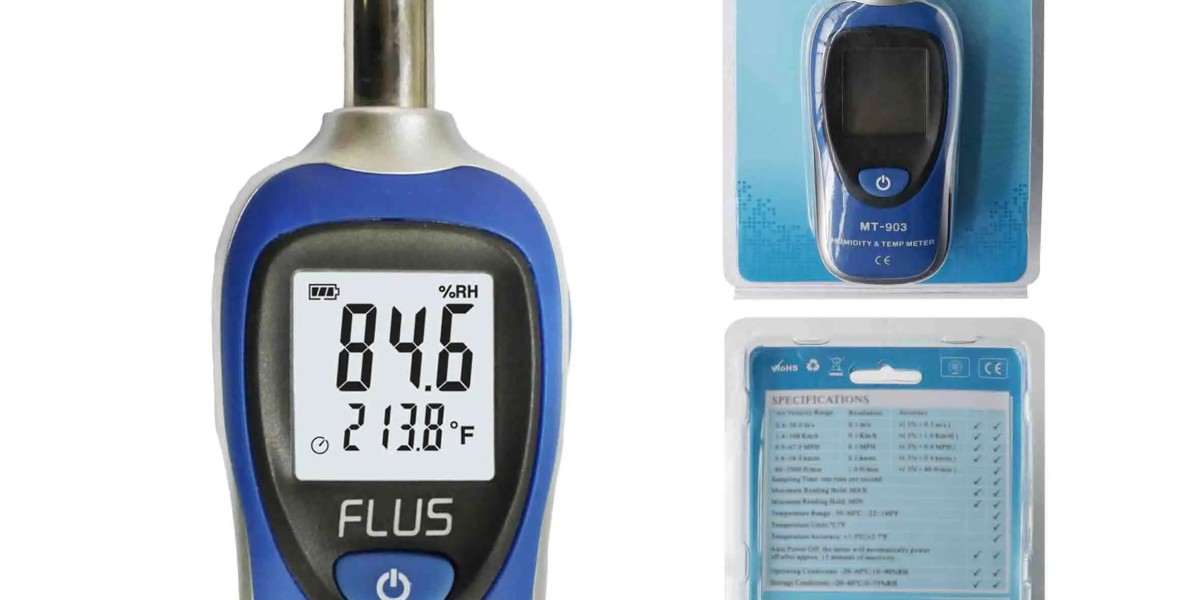In the ever-evolving field of agriculture, the quest for efficiency and productivity is paramount. One of the most vital tools that farmers and agricultural professionals have at their disposal is the moisture meter. This device not only aids in ensuring optimal soil moisture levels but also significantly enhances crop yields and resource management. Understanding the advantages of using moisture meters in agriculture can lead to more informed decisions that benefit both the environment and the bottom line.
Precision in Water Management
Moisture meters provide precise readings of soil moisture content, enabling farmers to determine the exact amount of water needed for their crops. Overwatering or underwatering can lead to detrimental effects on plant health, such as root rot or drought stress. By utilizing moisture meters, farmers can optimize irrigation schedules, ensuring that water is applied only when necessary. This precision in water management not only conserves water resources but also promotes healthier crops, ultimately leading to improved yields.
Cost Savings and Efficiency
Investing in moisture meters can lead to significant cost savings in the long run. By accurately gauging soil moisture levels, farmers can reduce water usage, lower irrigation costs, and minimize energy expenses associated with pumping water. Additionally, the efficiency gained through moisture meters allows for better labor management, as farmers can spend less time monitoring soil conditions and more time focusing on other critical aspects of their operations. This increased efficiency translates to higher productivity and profitability.
Enhanced Crop Quality
The use of moisture meters also contributes to the overall quality of crops. Consistent moisture levels help plants grow more uniformly, resulting in better quality produce. Farmers can avoid the stress that fluctuating moisture levels cause, which can lead to inconsistencies in size, flavor, and nutritional value of crops. By ensuring optimal moisture conditions, moisture meters play a crucial role in enhancing the marketability of agricultural products.
Environmental Sustainability
In today’s agricultural landscape, sustainability is more important than ever. Moisture meters help farmers adopt more sustainable practices by promoting efficient water usage and reducing runoff. By applying water only when necessary, farmers can minimize the risk of nutrient leaching into waterways, thereby protecting local ecosystems. This commitment to sustainable agriculture not only benefits the environment but also aligns with consumer preferences for responsibly sourced products.
Data-Driven Decision Making
Modern moisture meters often come equipped with advanced technology that allows for data collection and analysis. Farmers can track moisture levels over time, gaining insights into their irrigation practices and soil health. This data-driven approach enables informed decision-making, allowing farmers to adjust their strategies based on real-time information. With the ability to analyze trends, farmers can make proactive choices that lead to better crop management and increased productivity.
In conclusion, the advantages of using moisture meters in agriculture are manifold. From precise water management and cost savings to enhanced crop quality and environmental sustainability, these devices are invaluable tools for modern farmers. By embracing moisture meters, agricultural professionals can not only improve their operational efficiency but also contribute to a more sustainable future. The investment in moisture meters is an investment in the health of crops, the environment, and ultimately, the agricultural industry as a whole.








